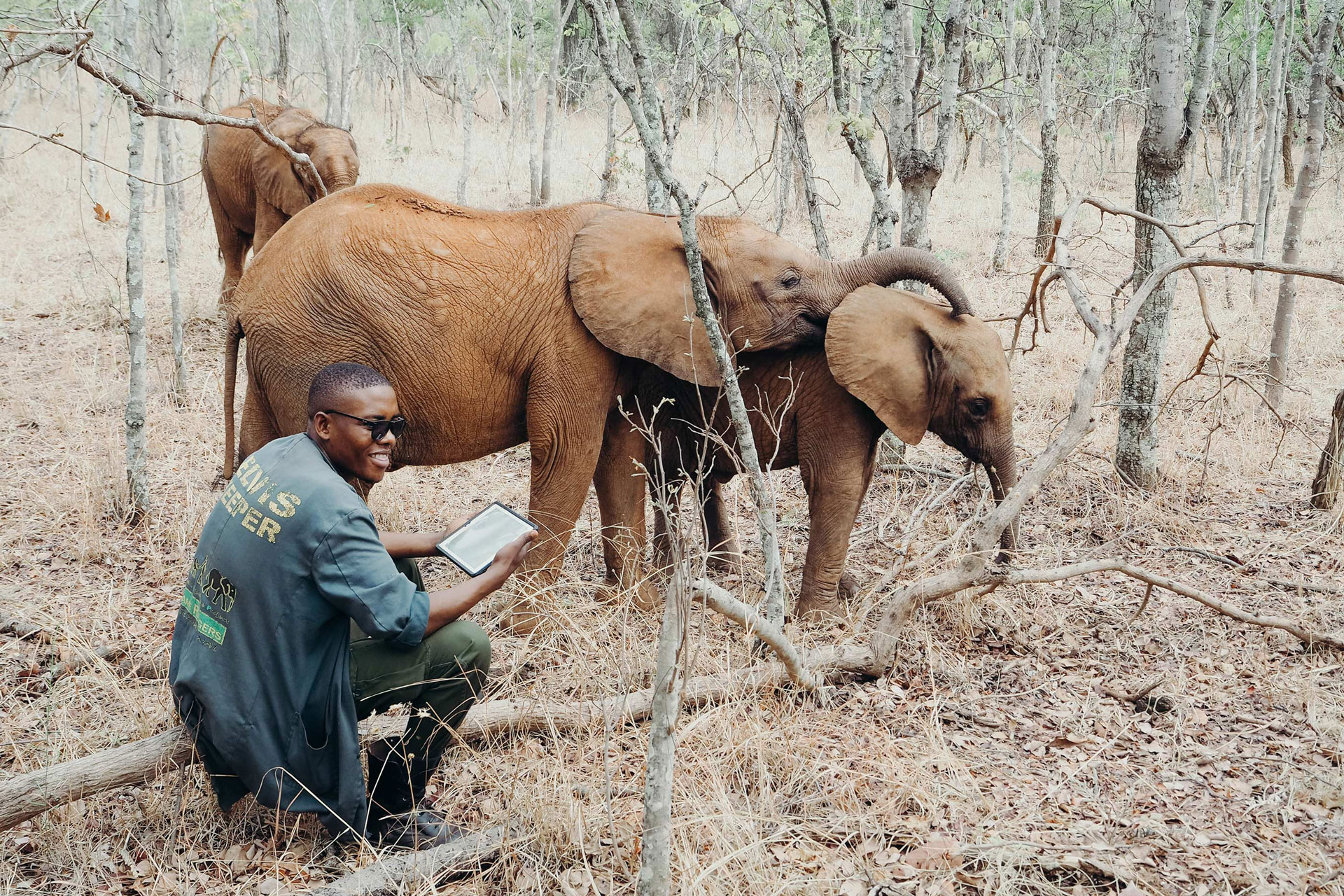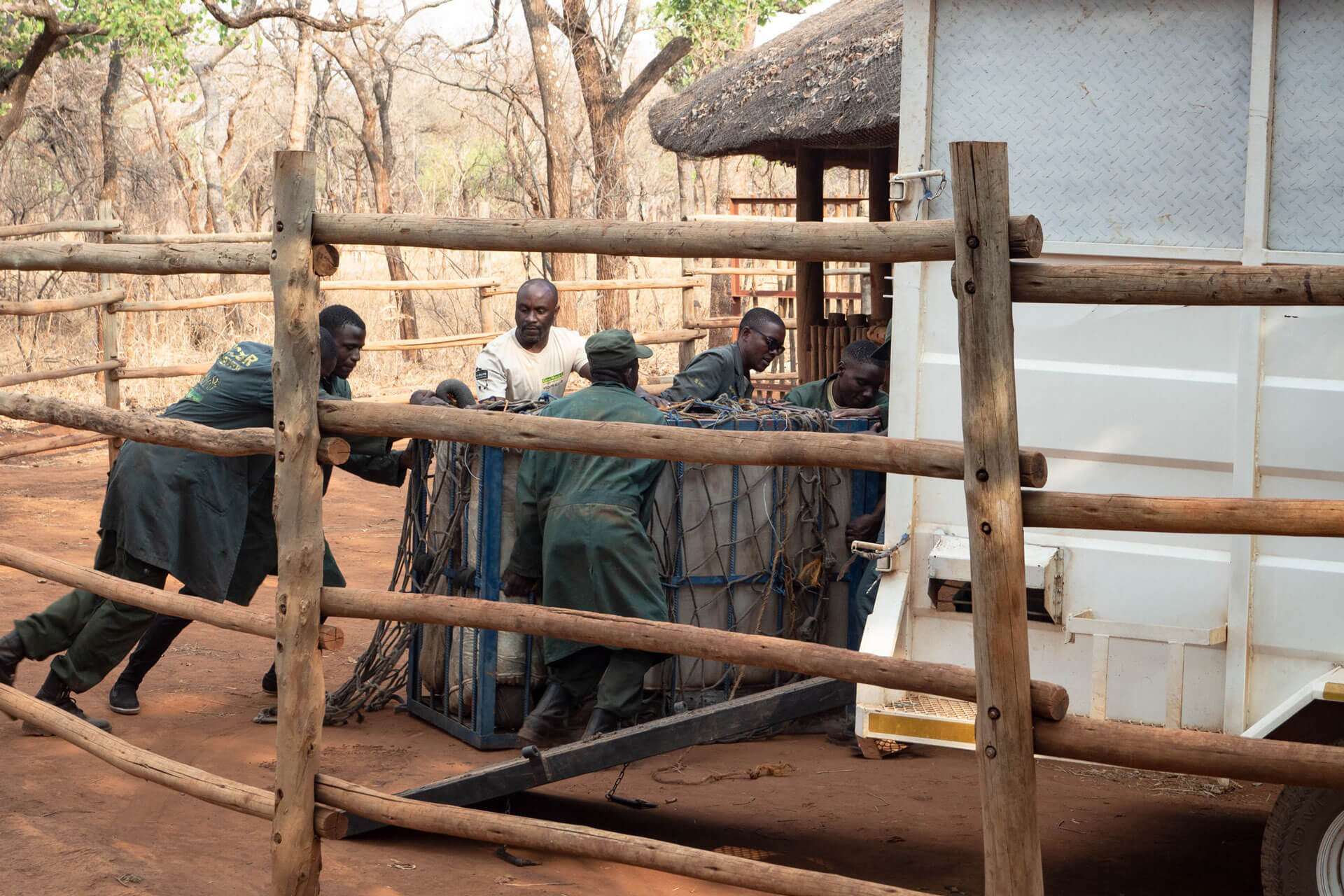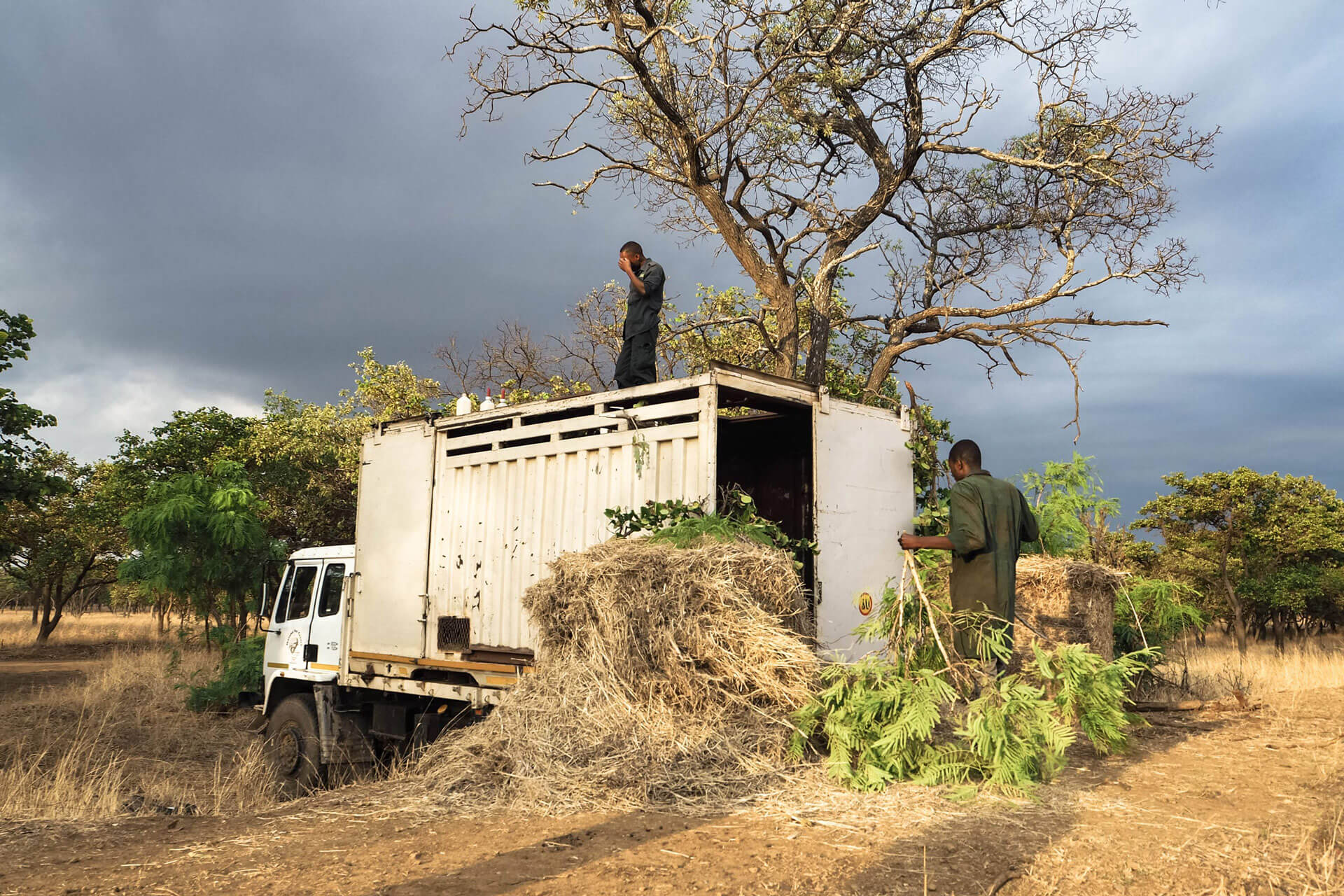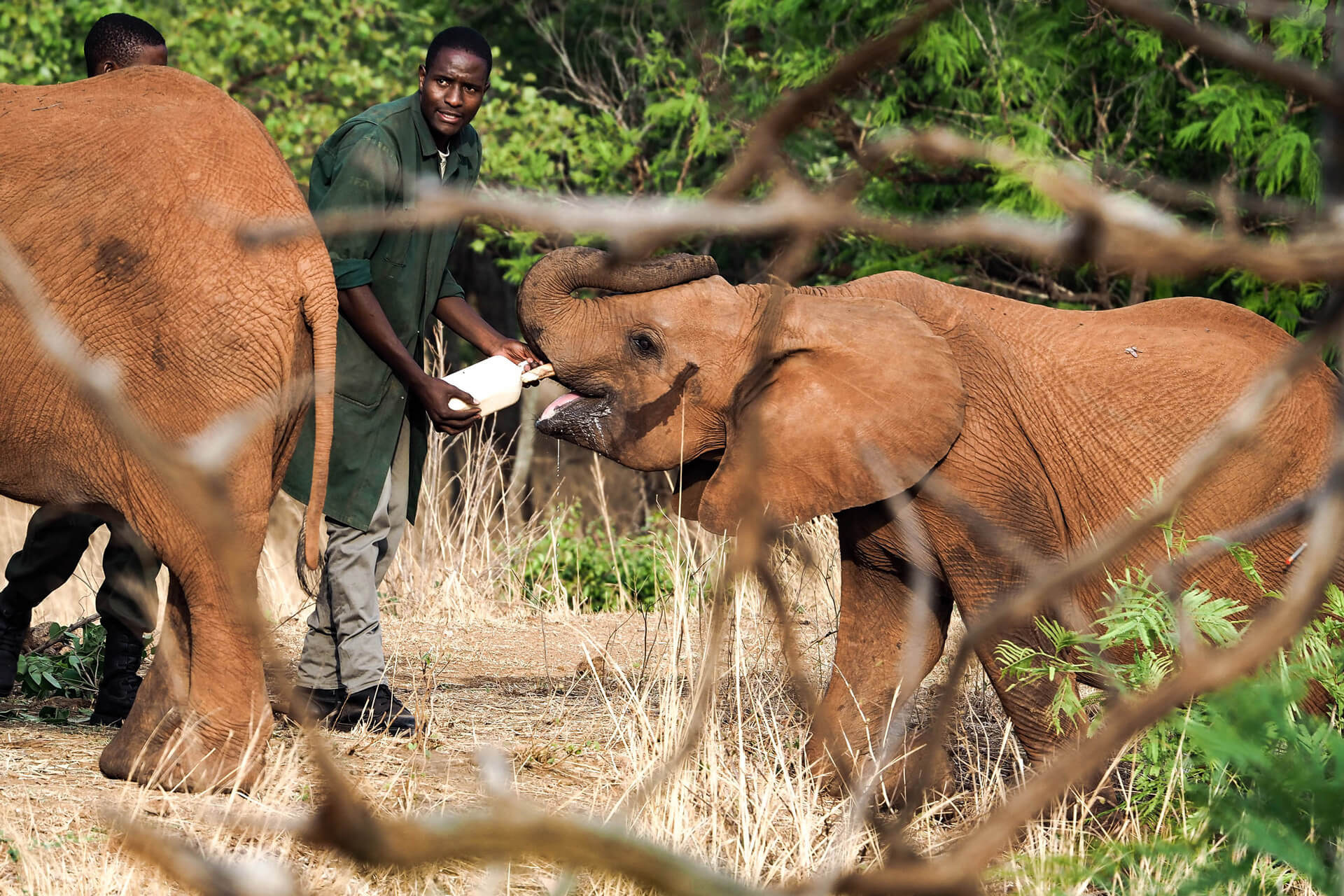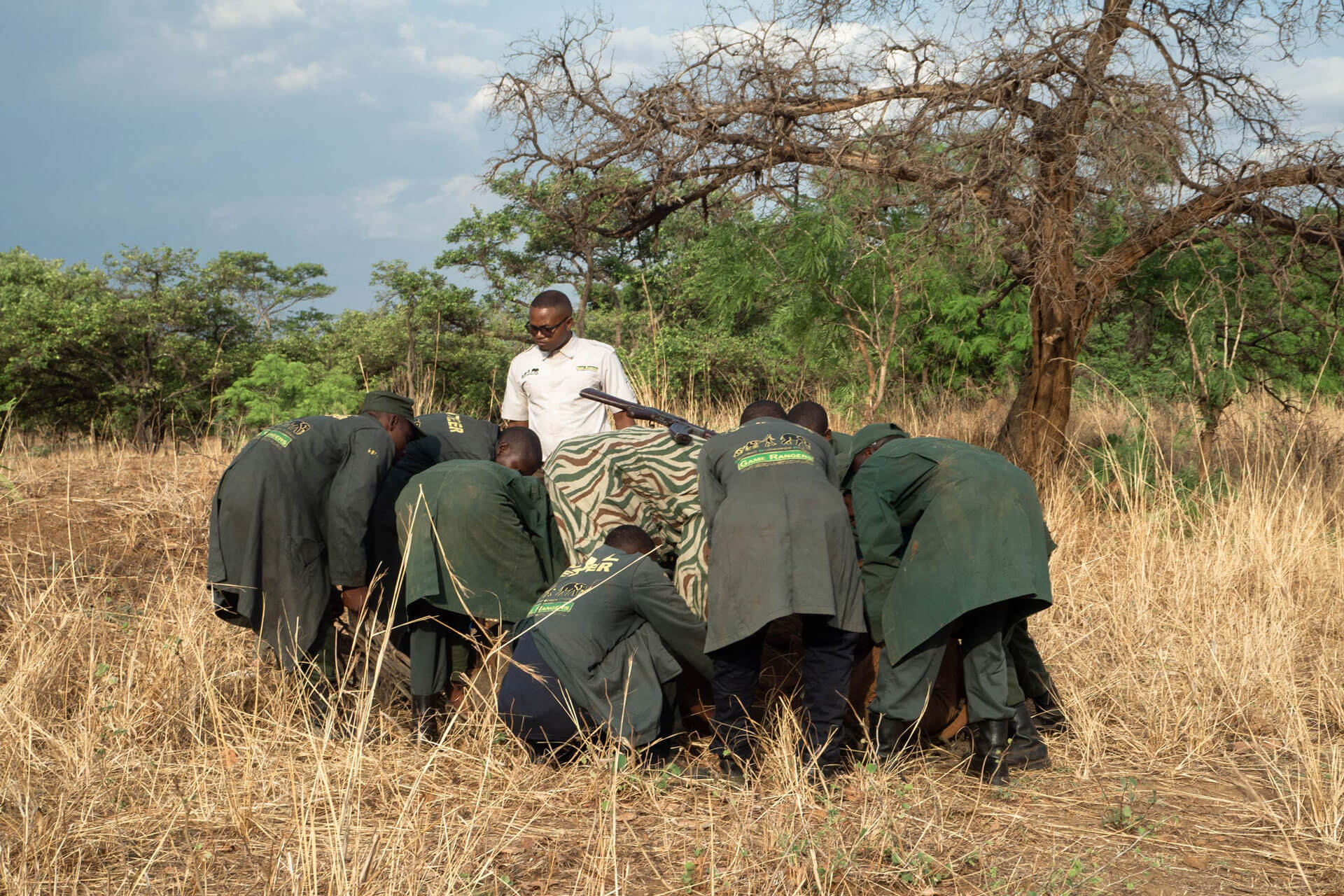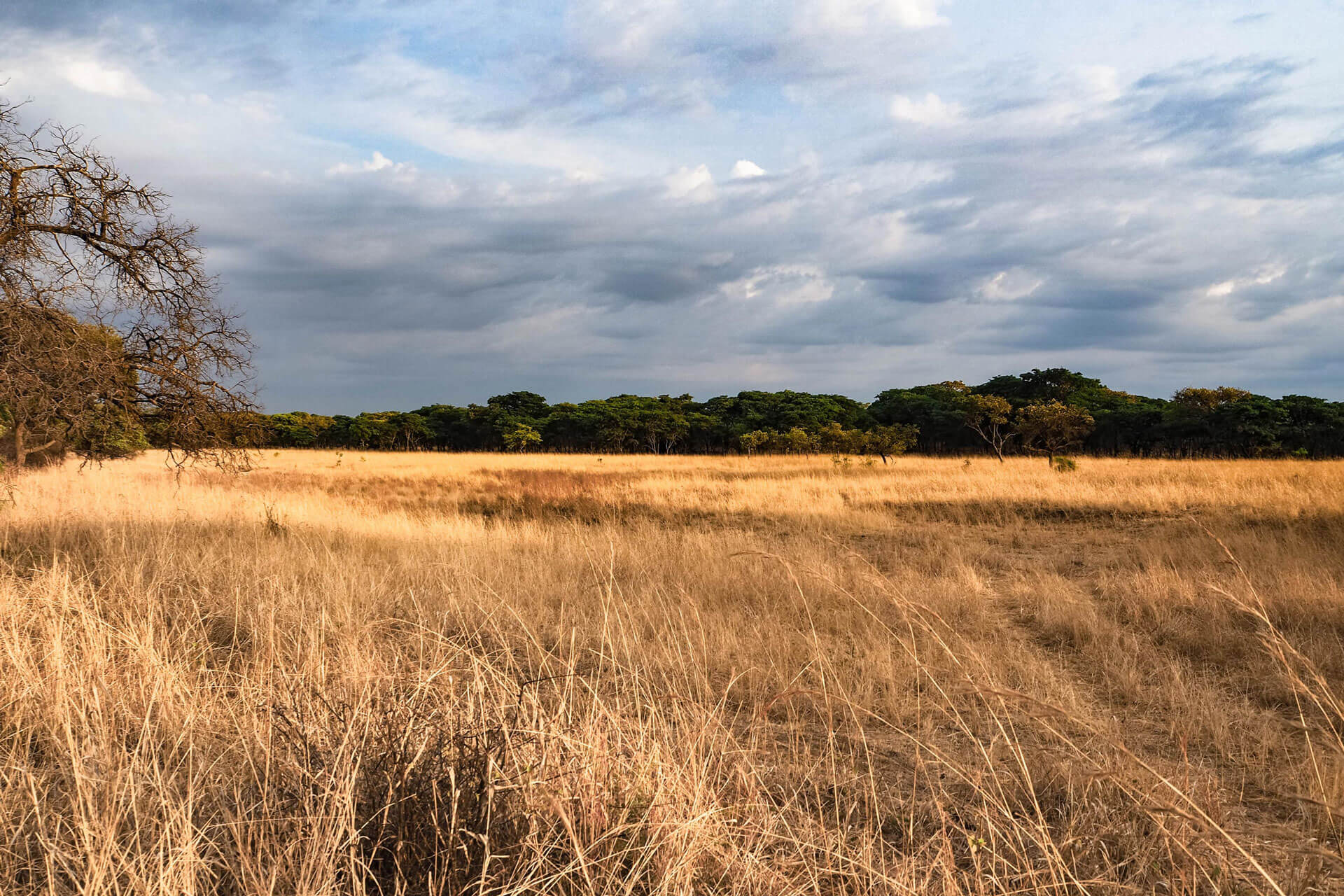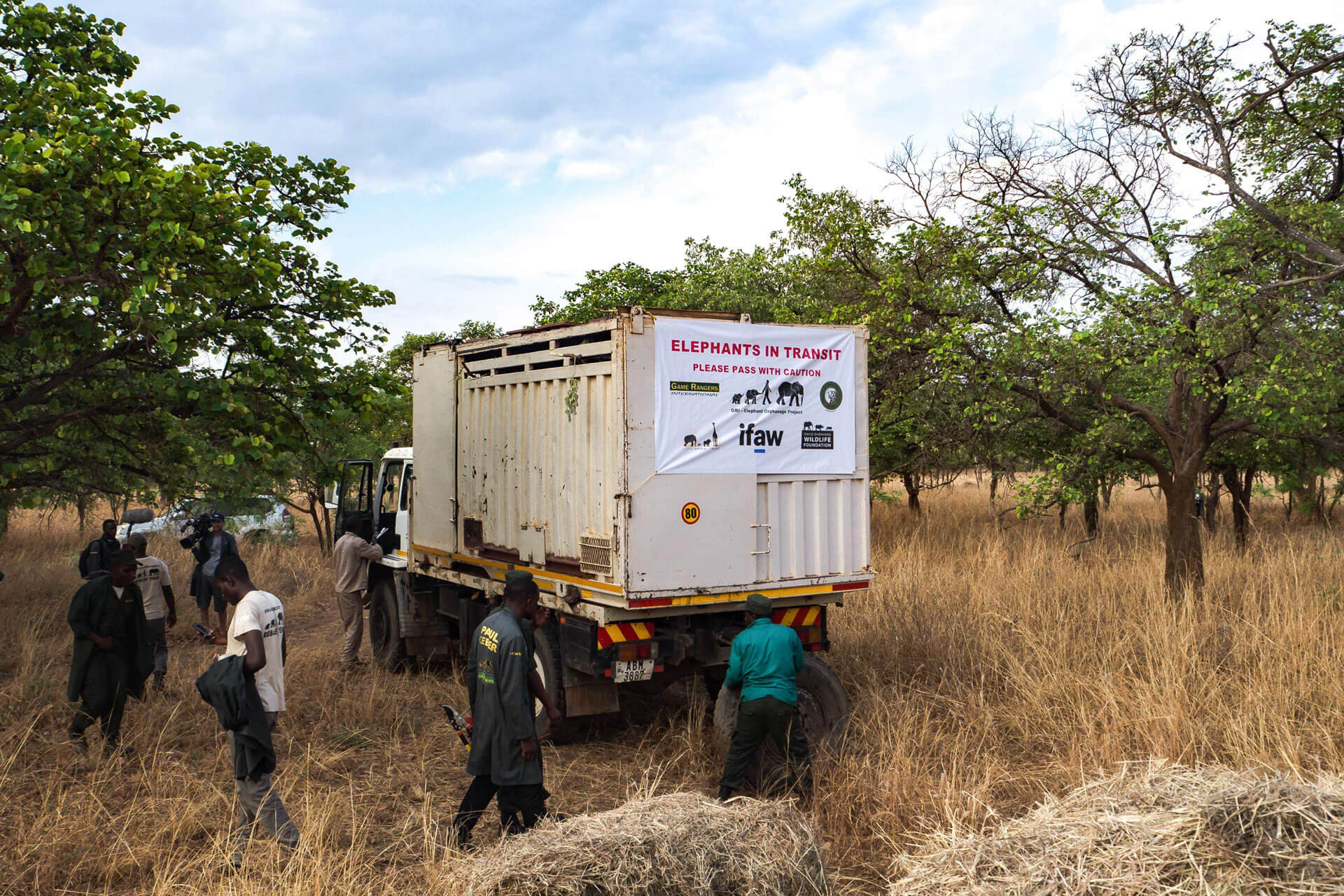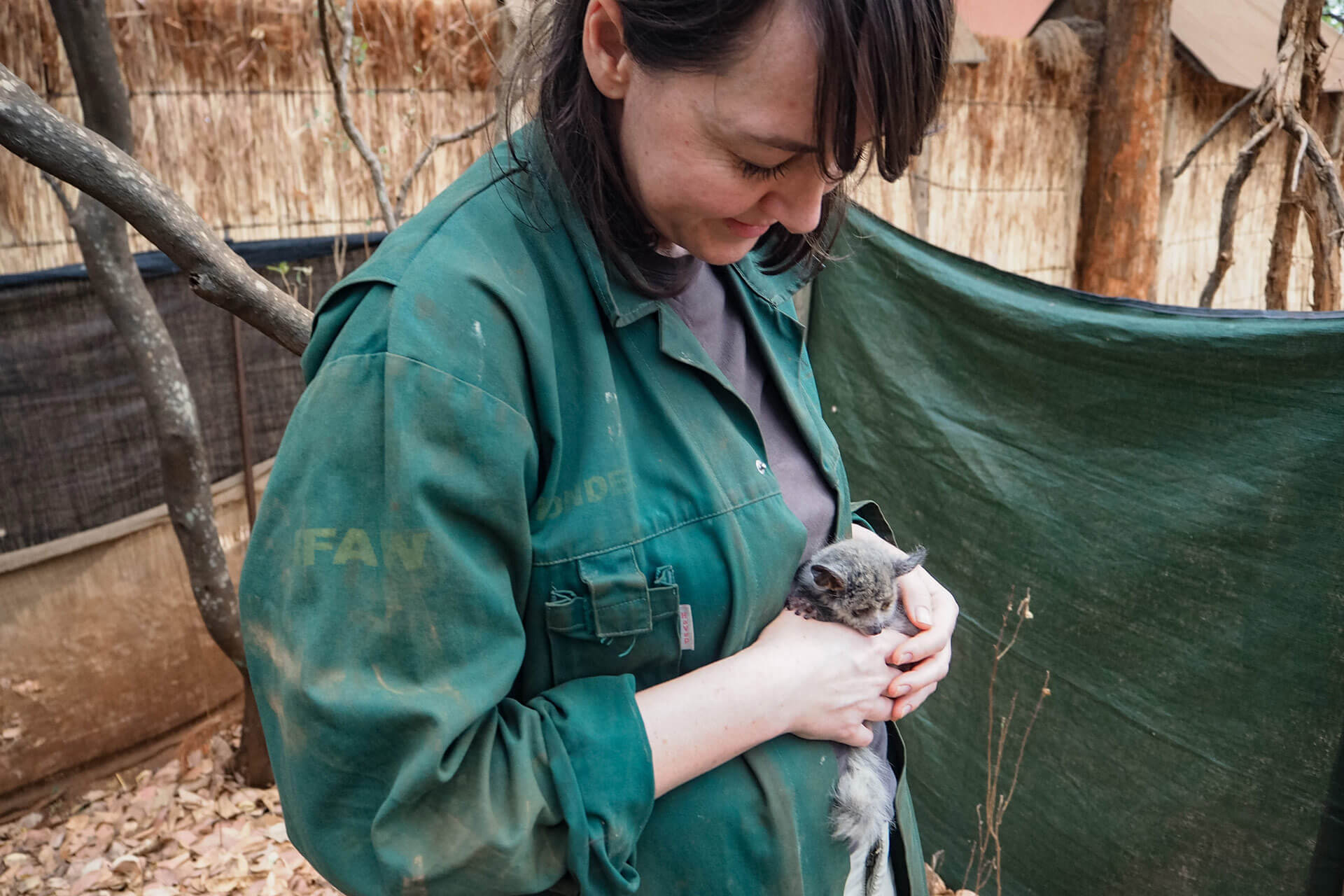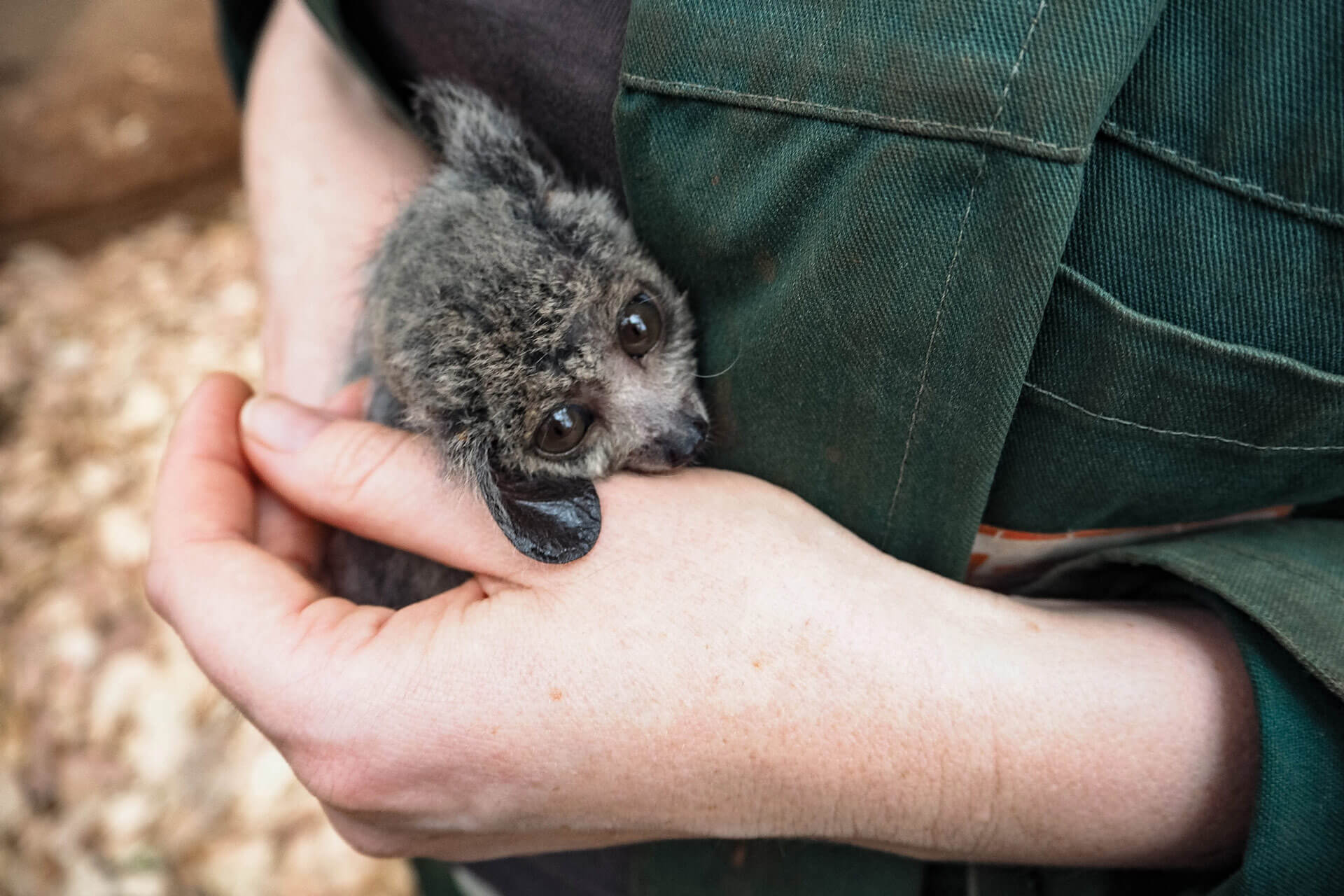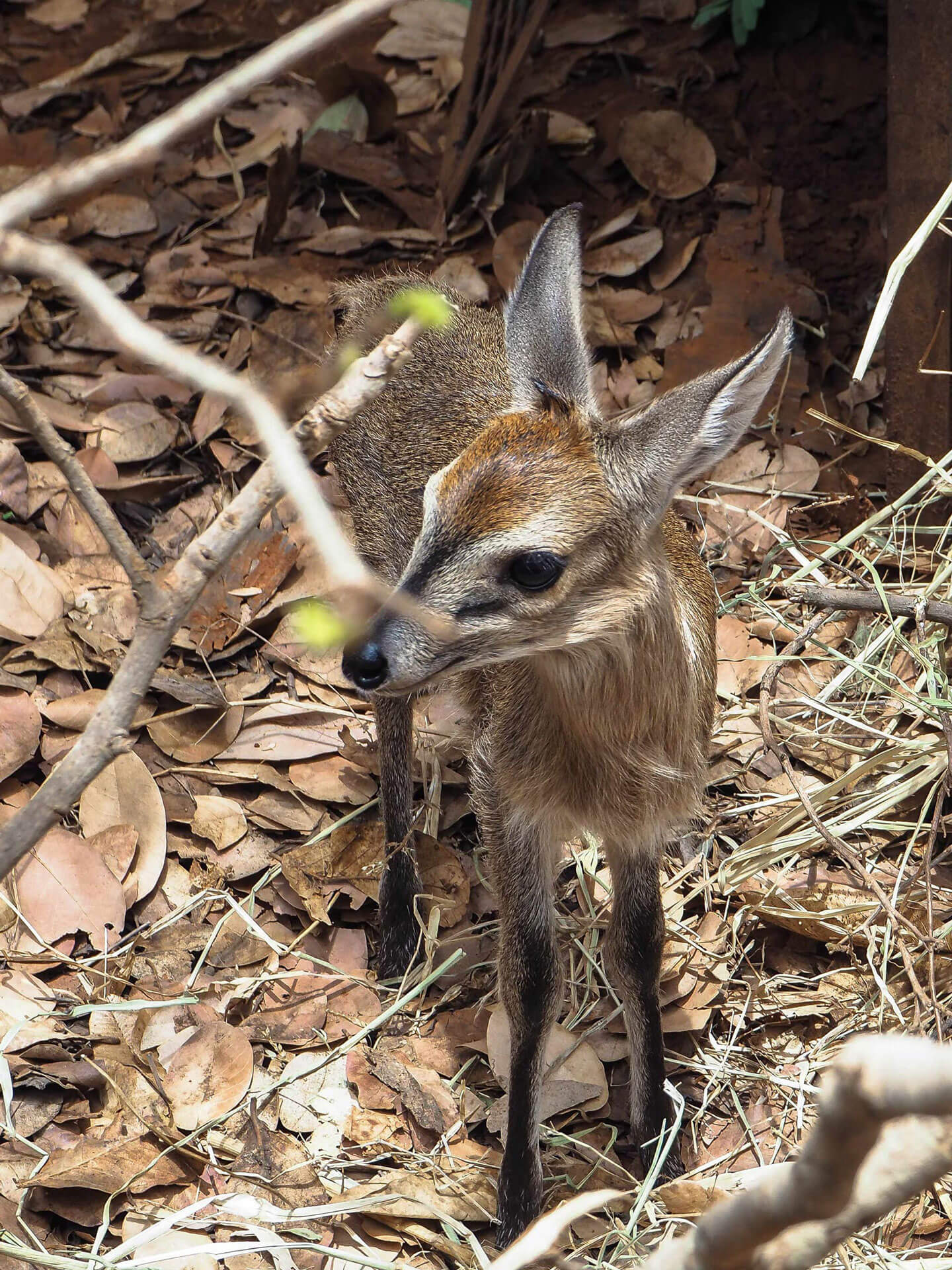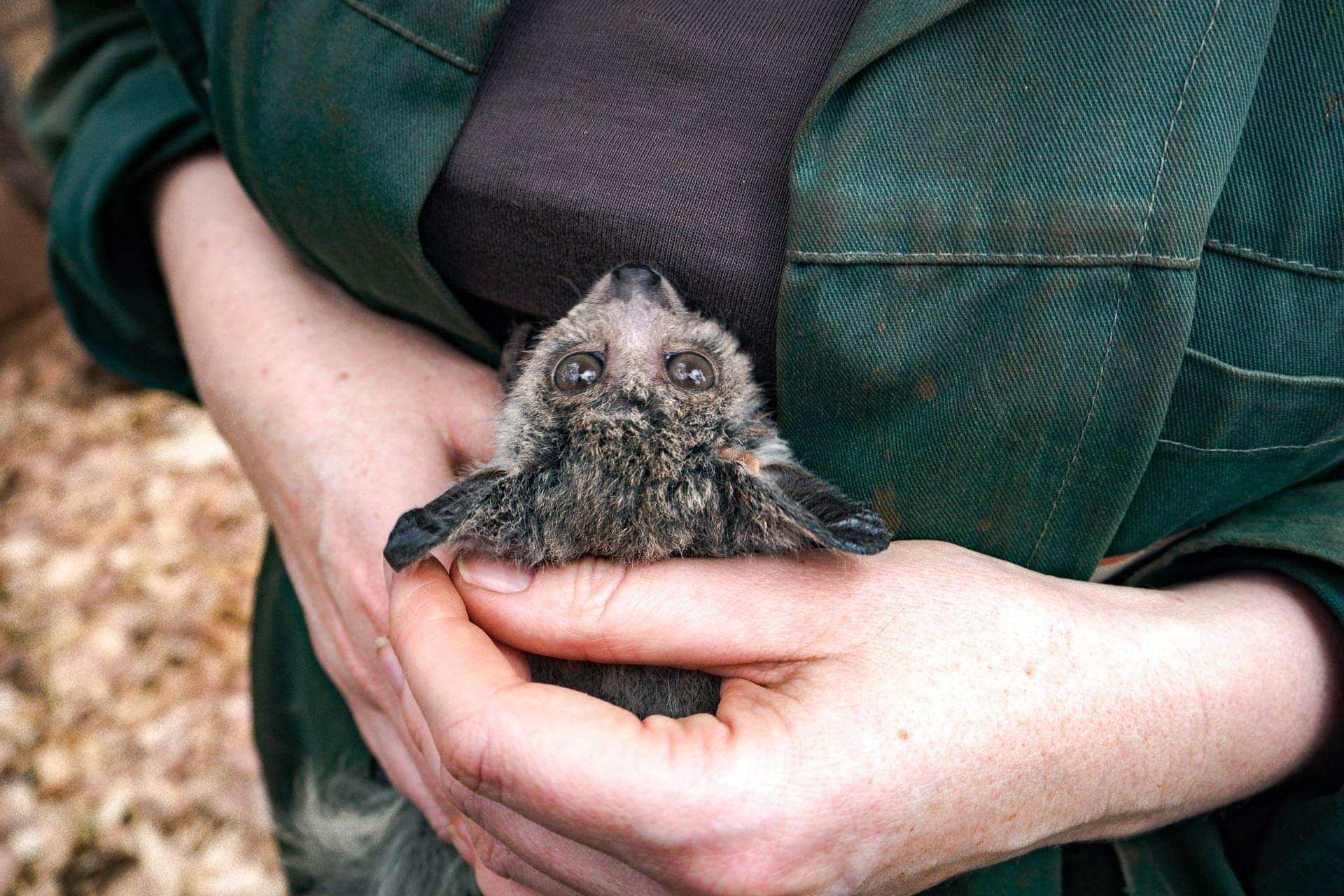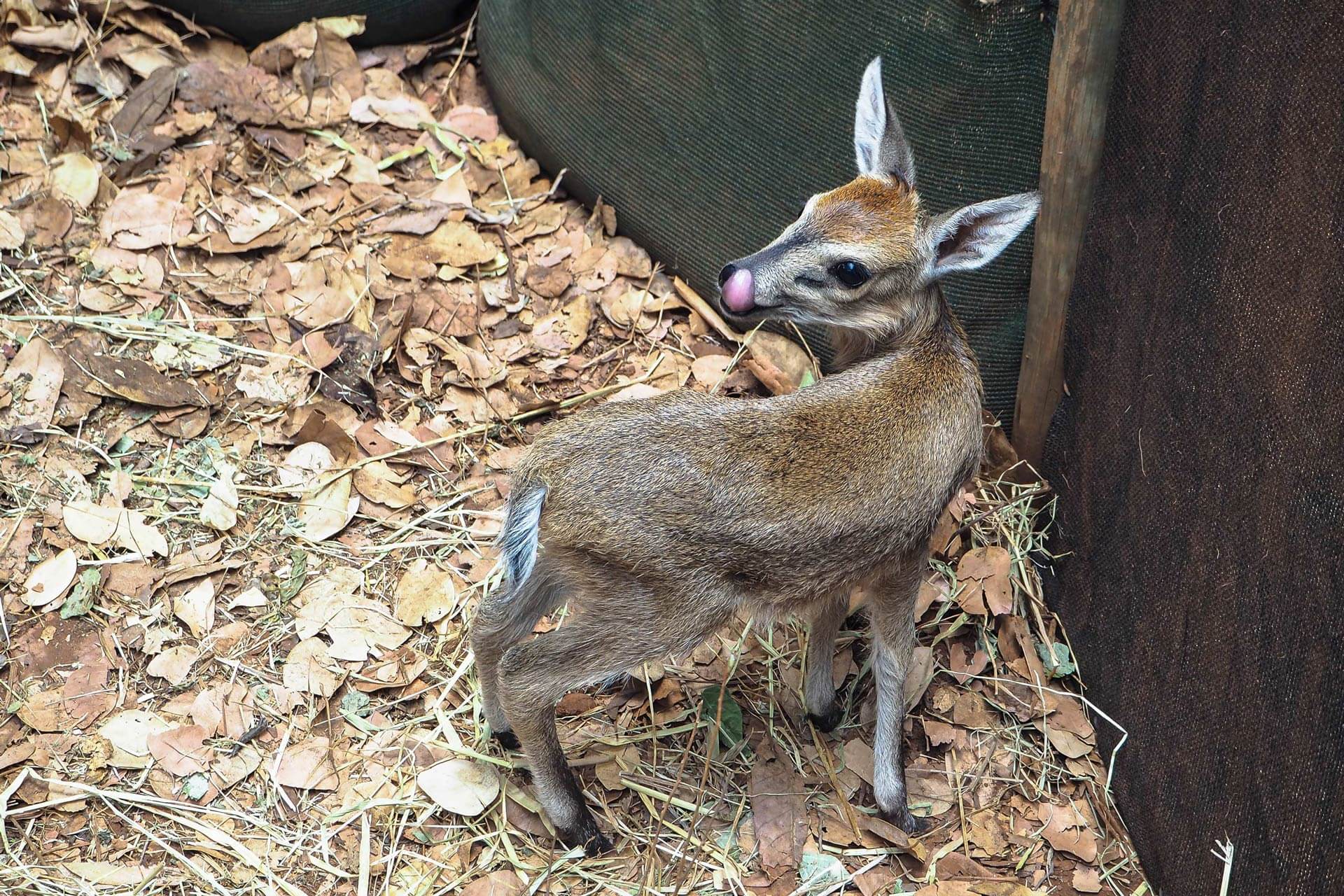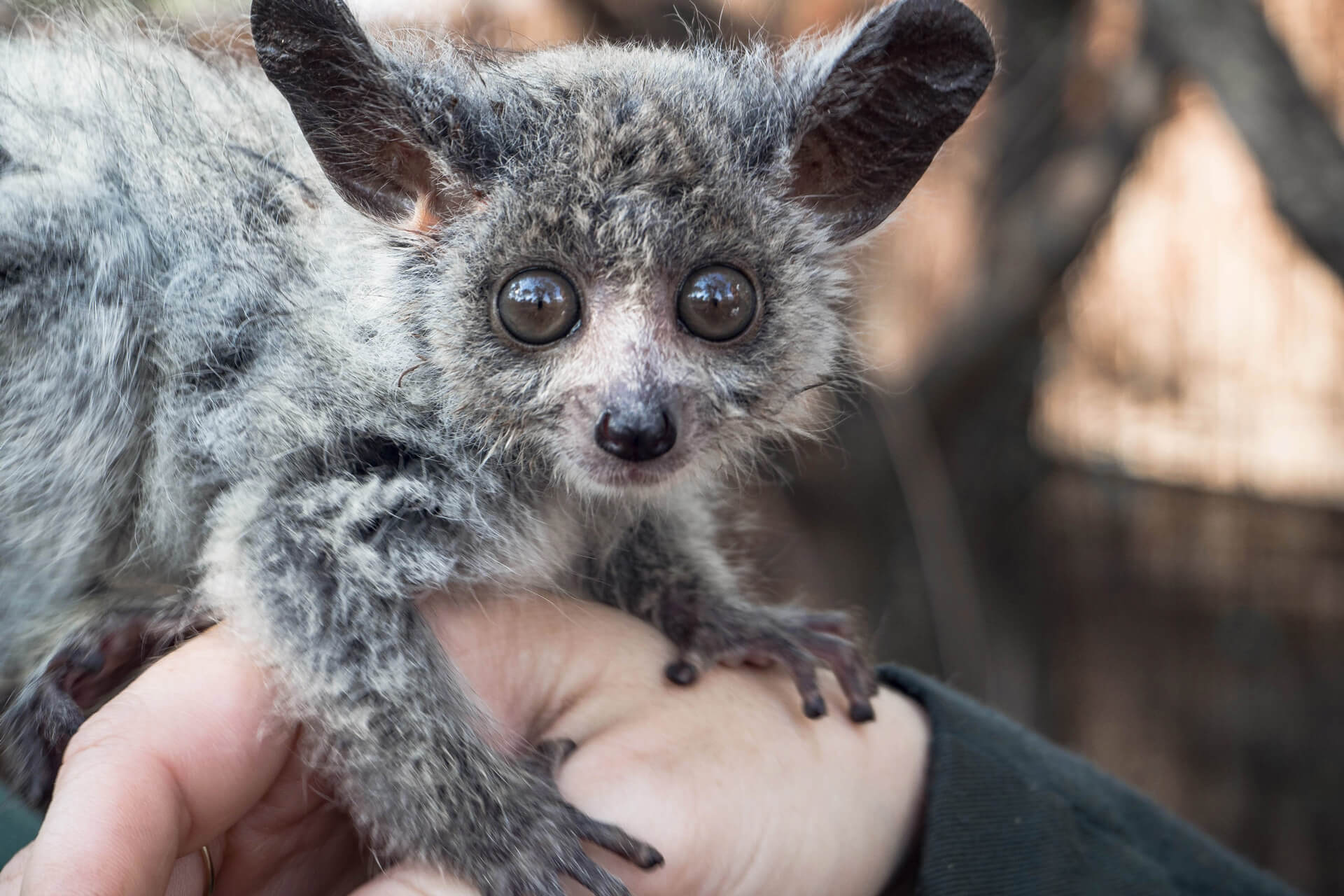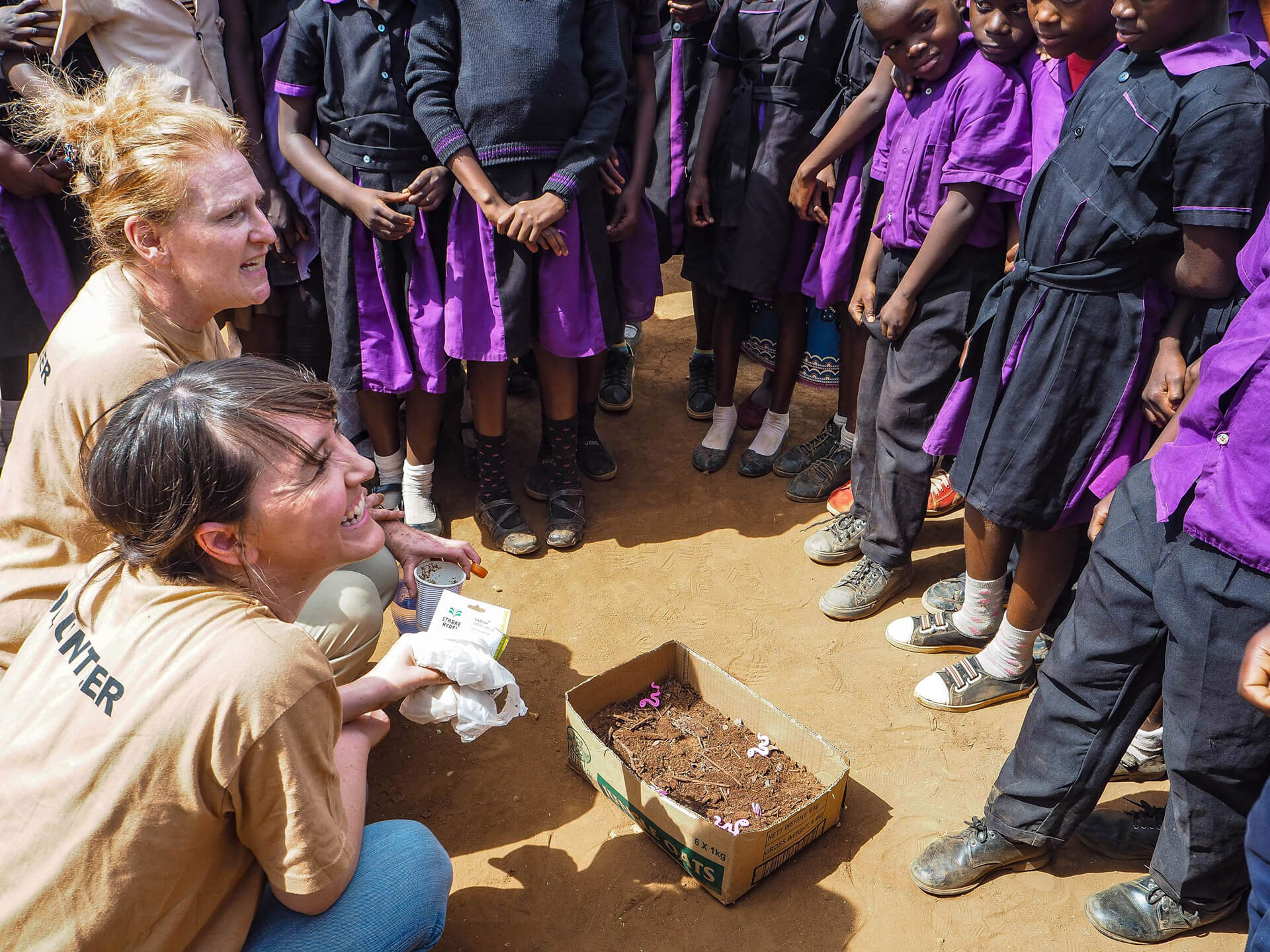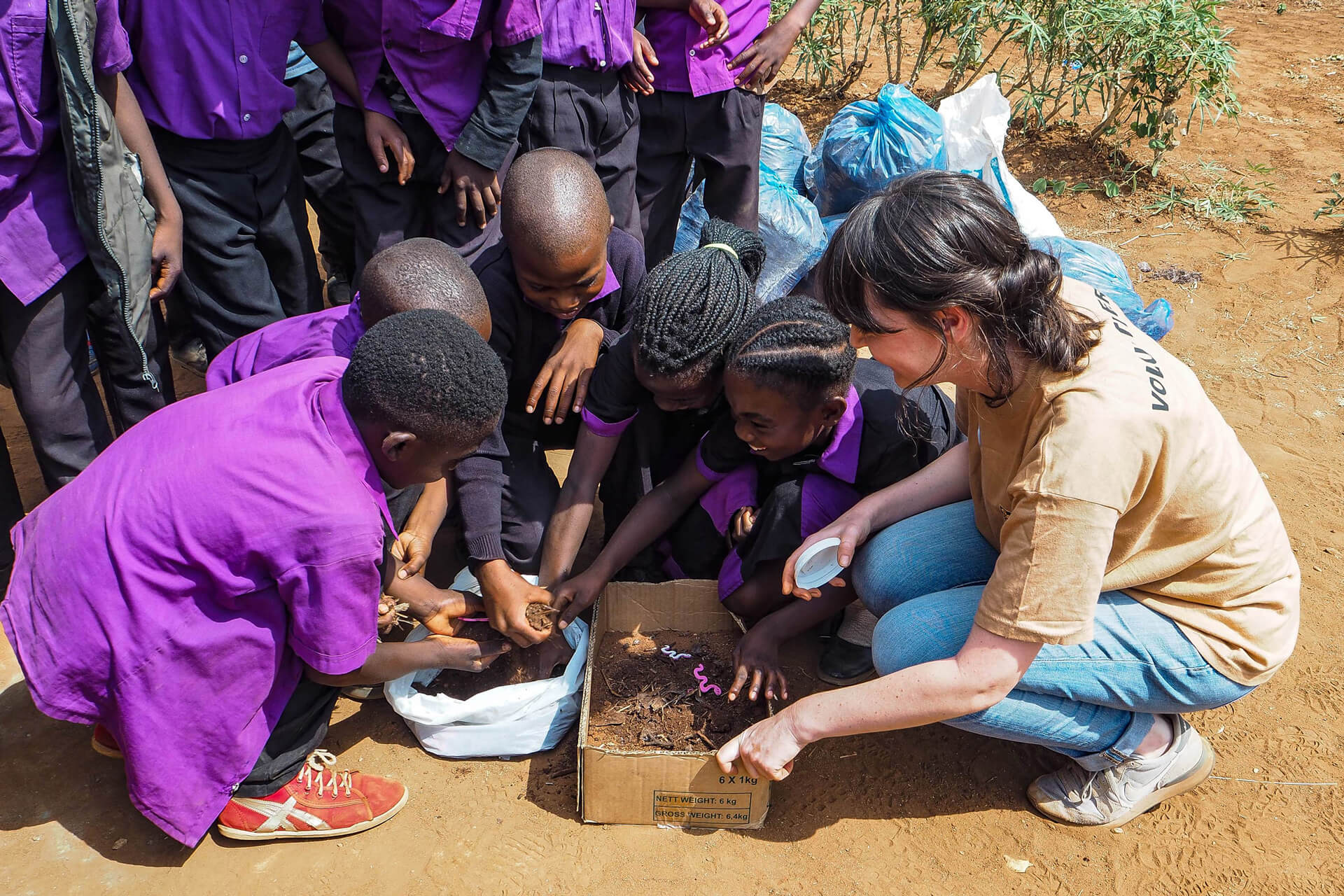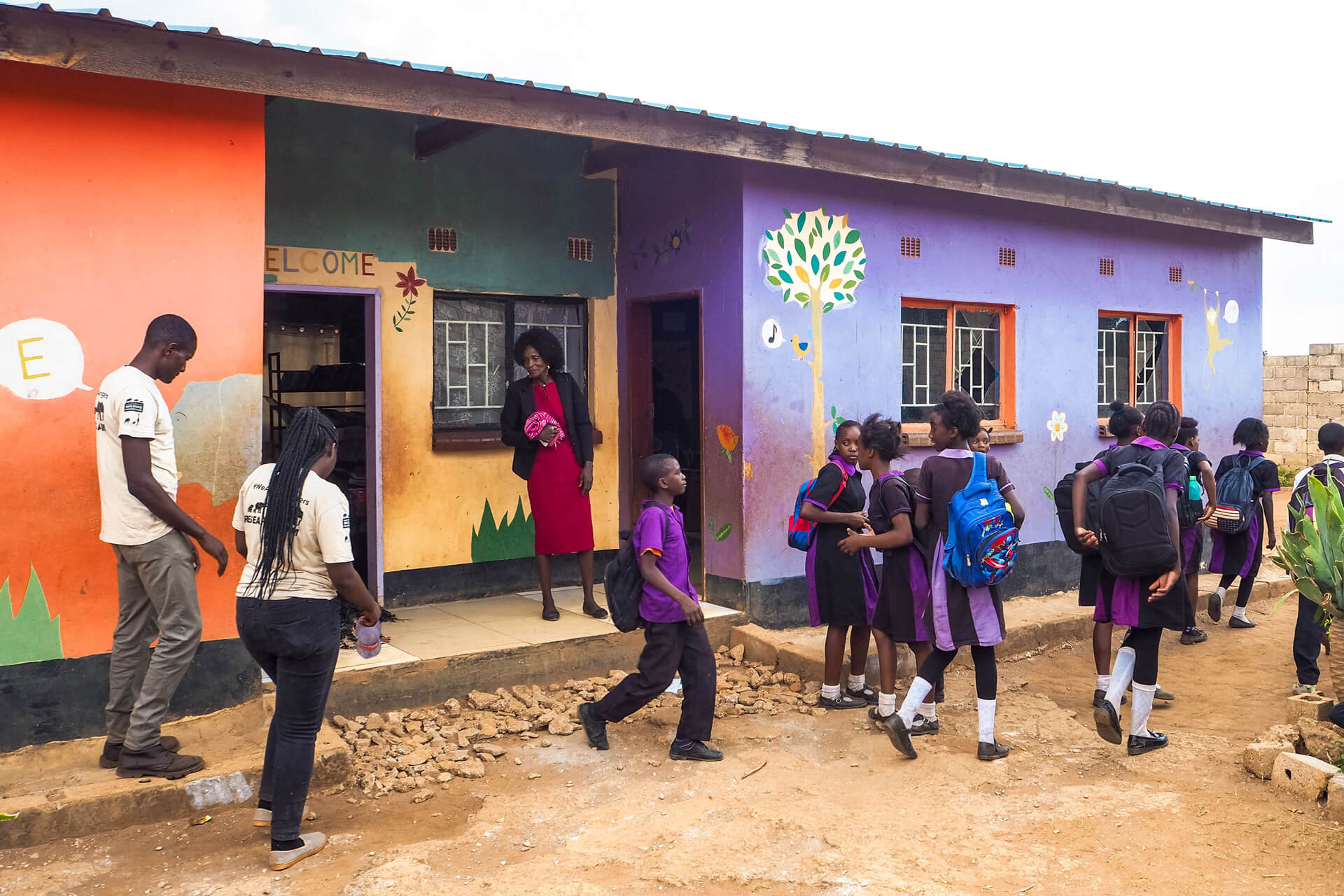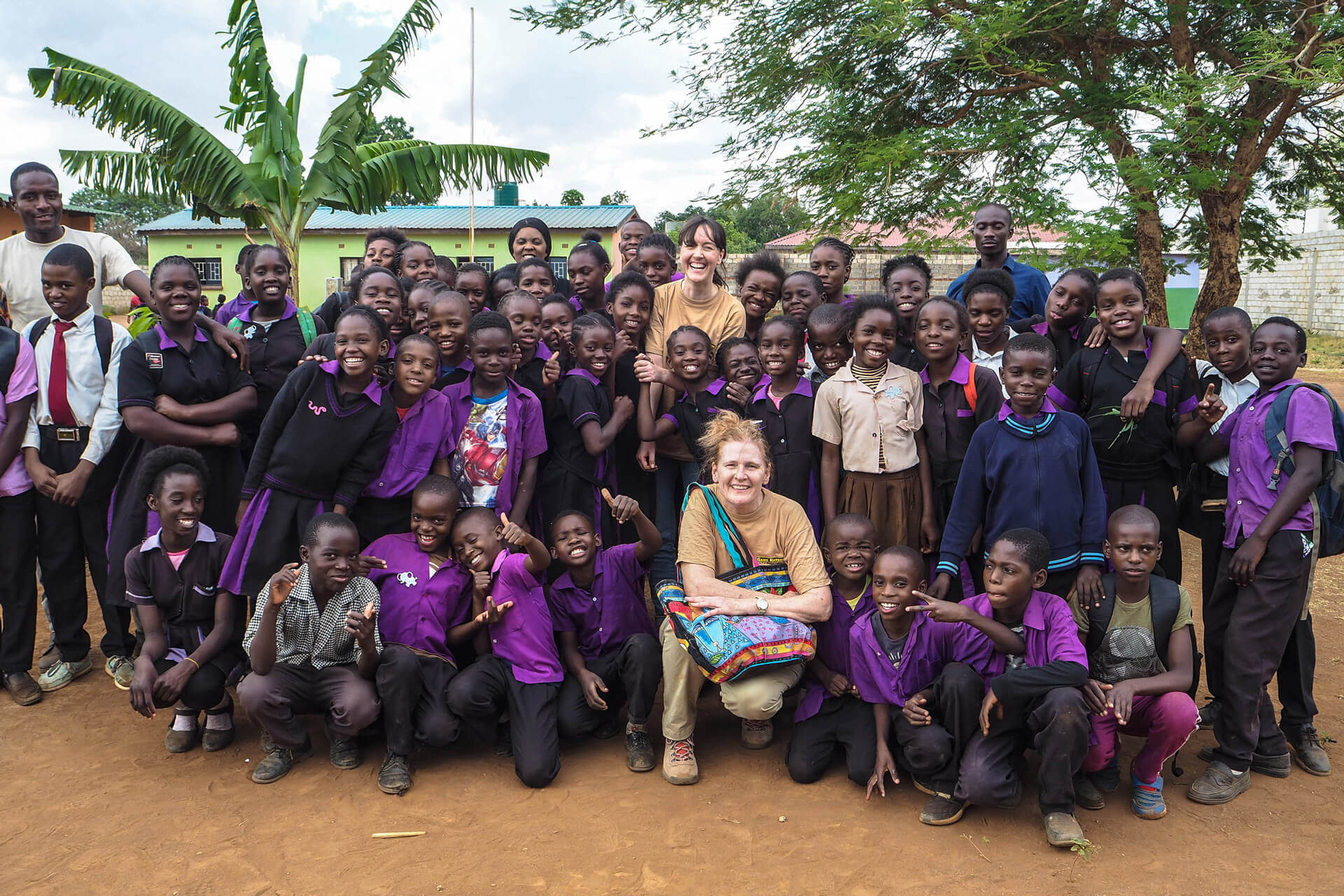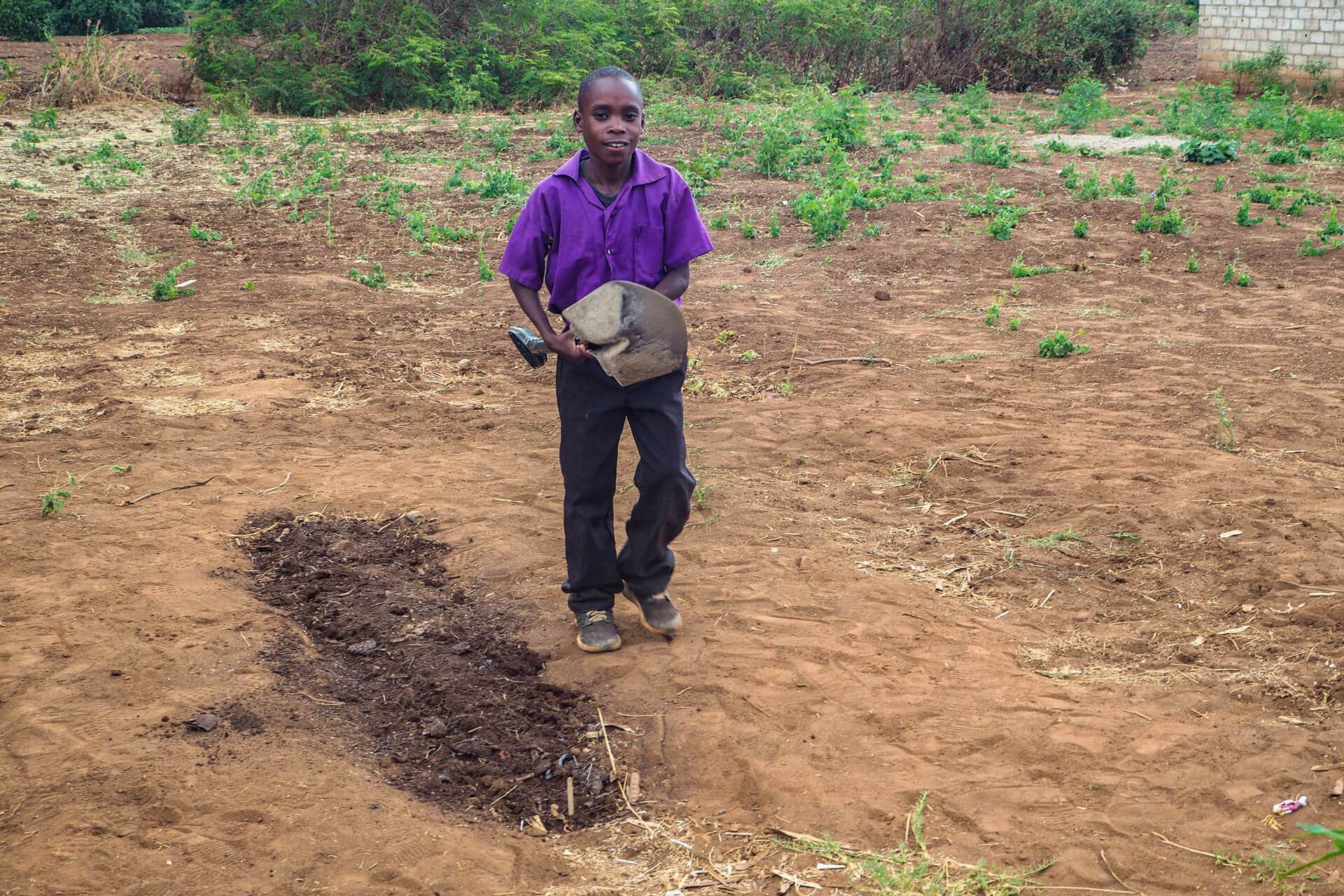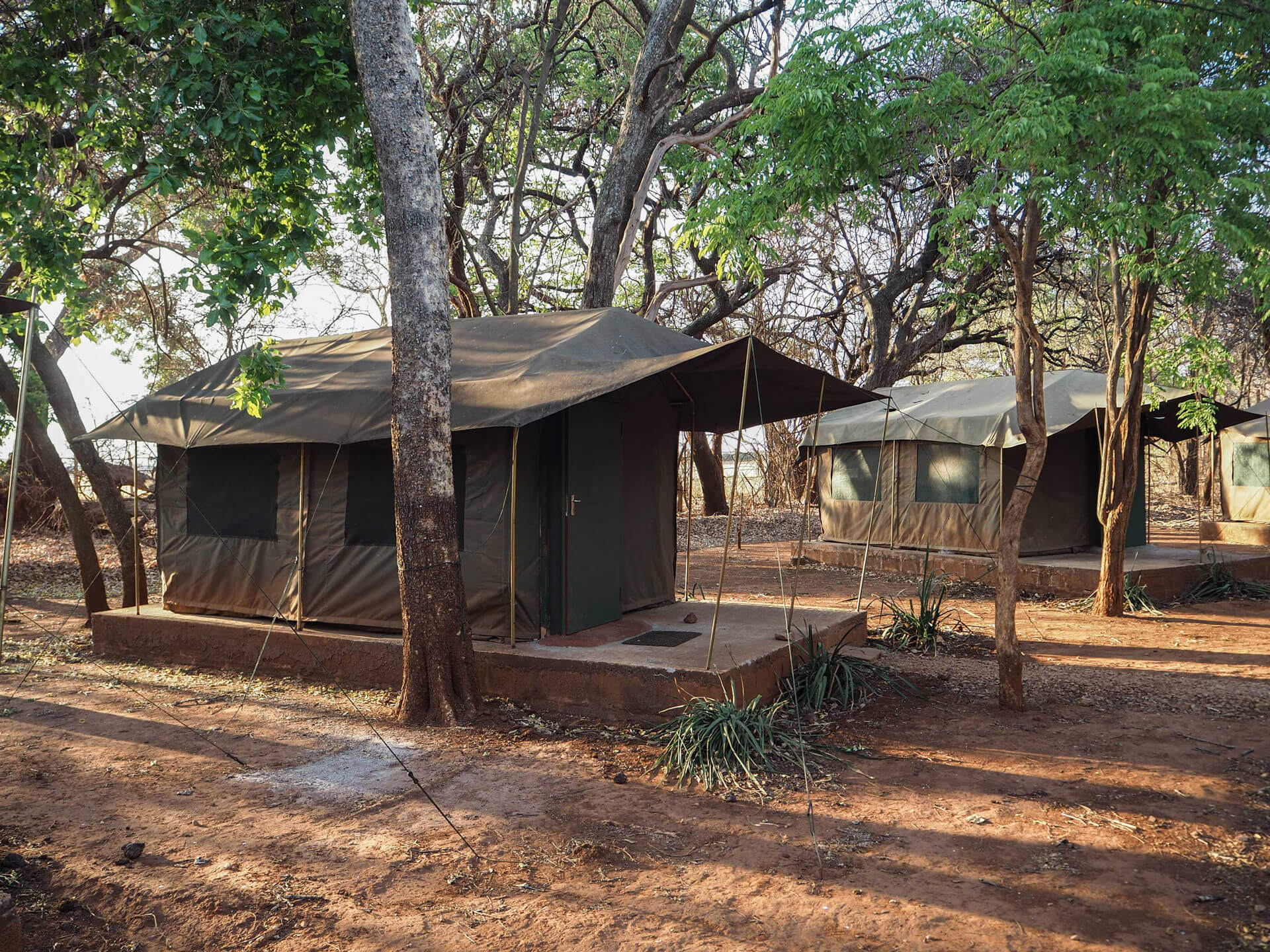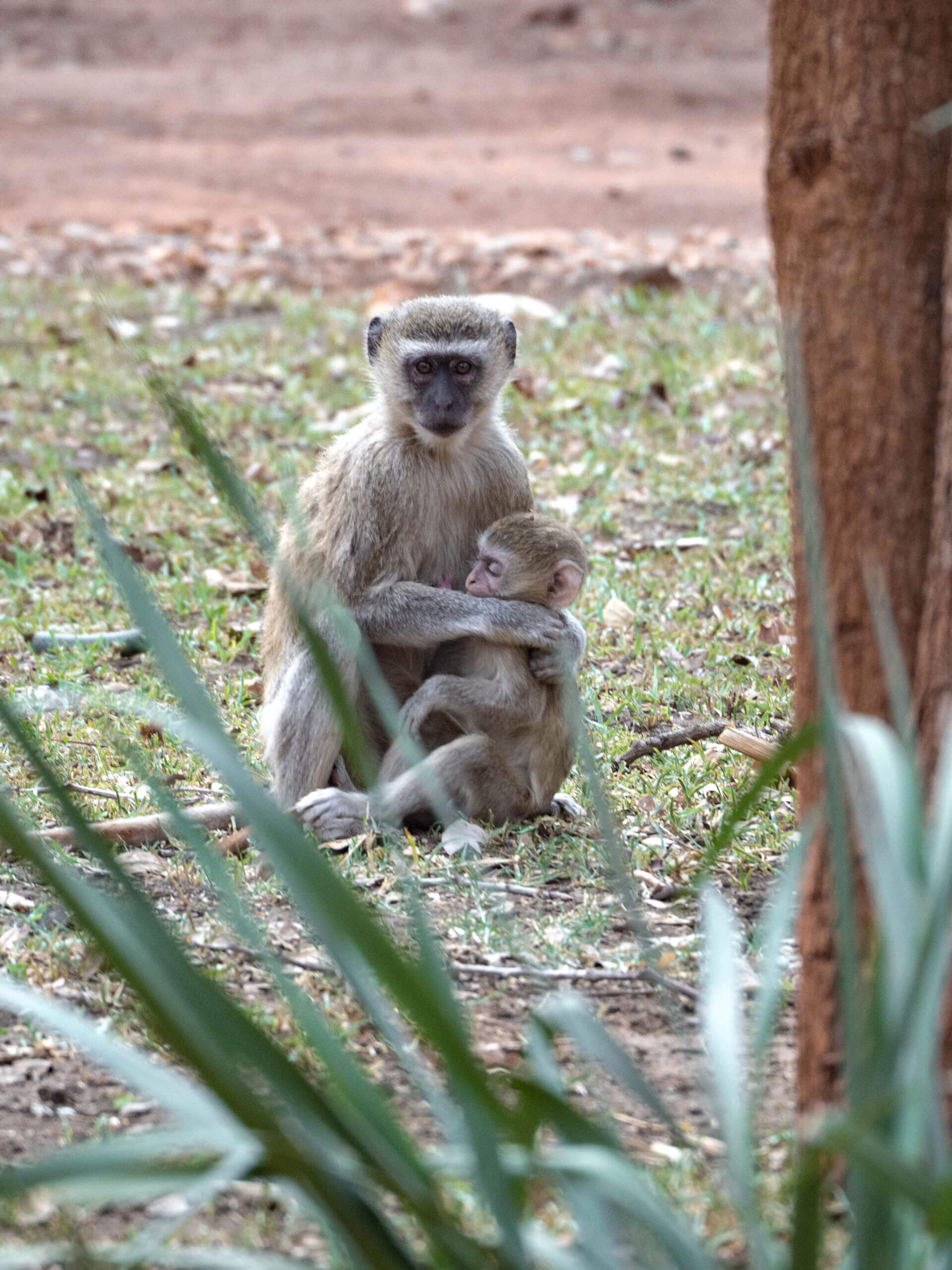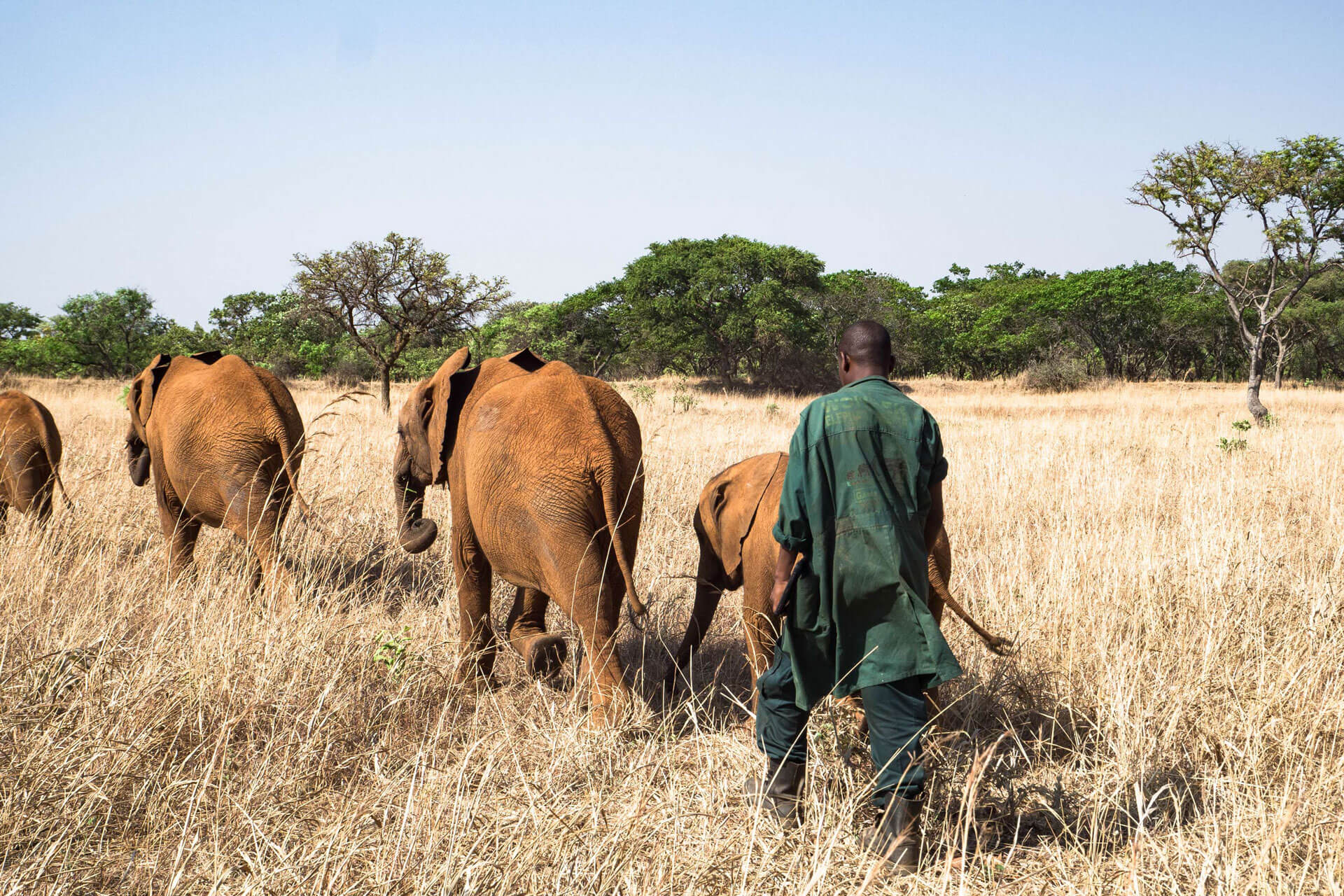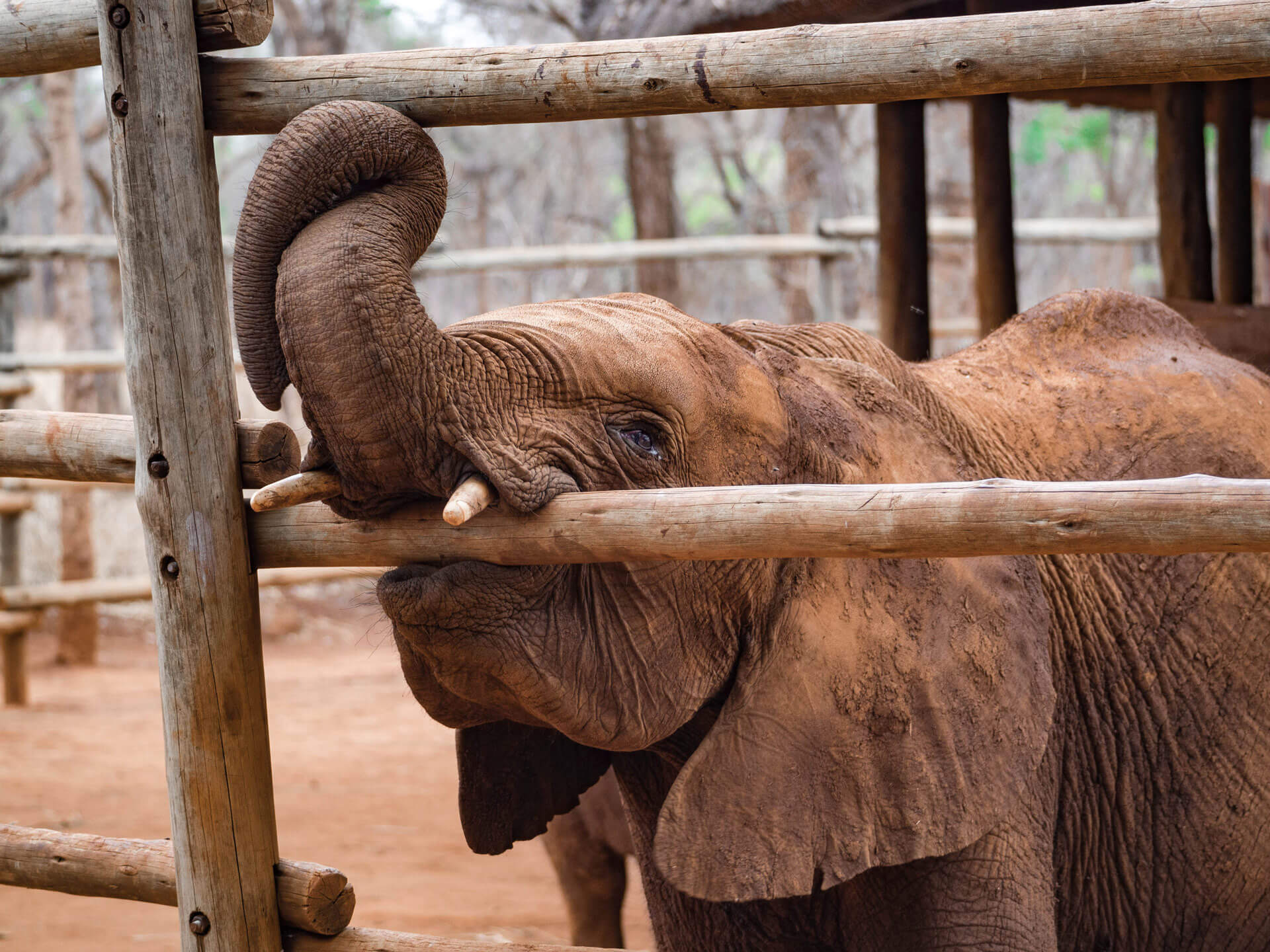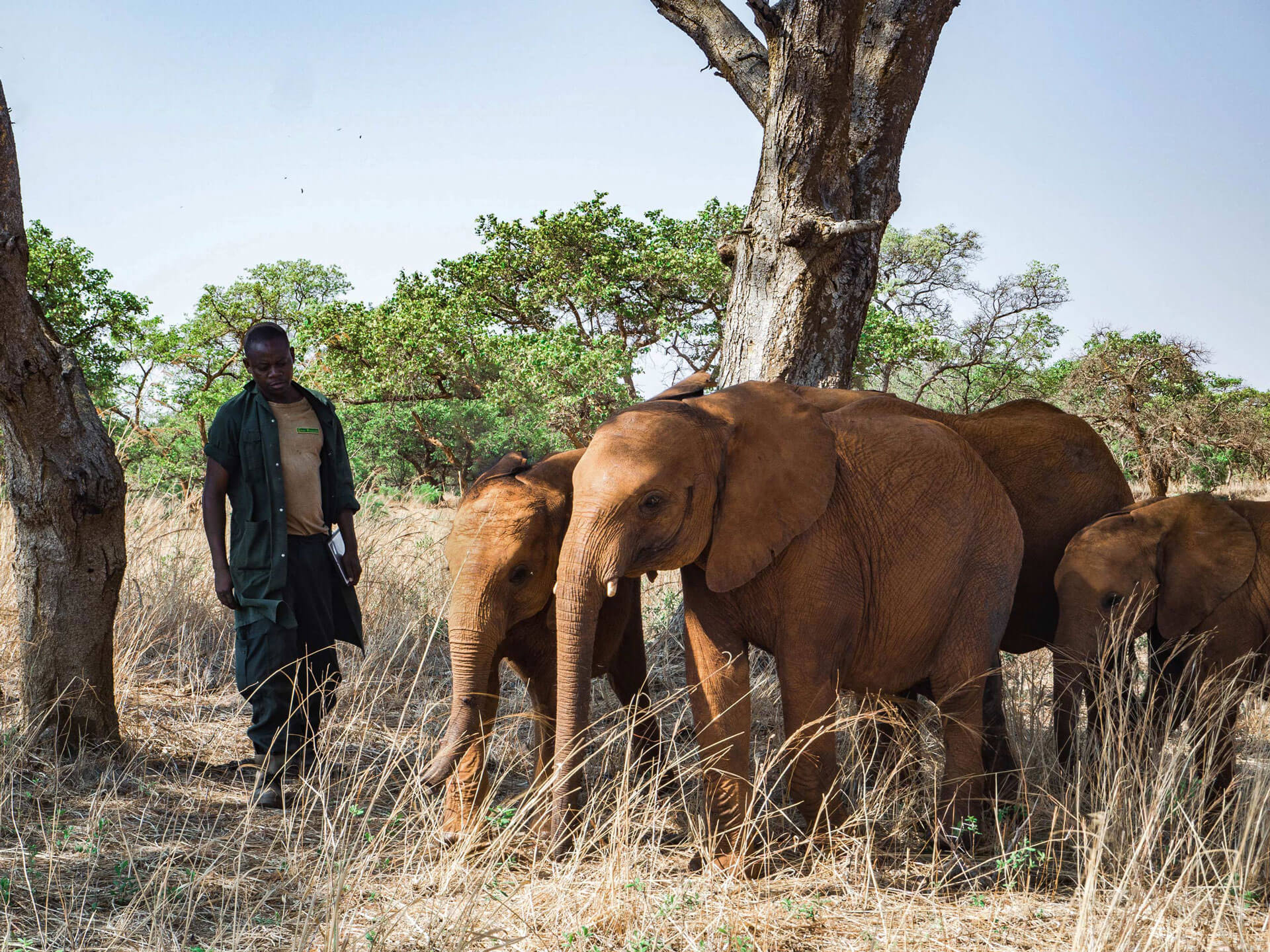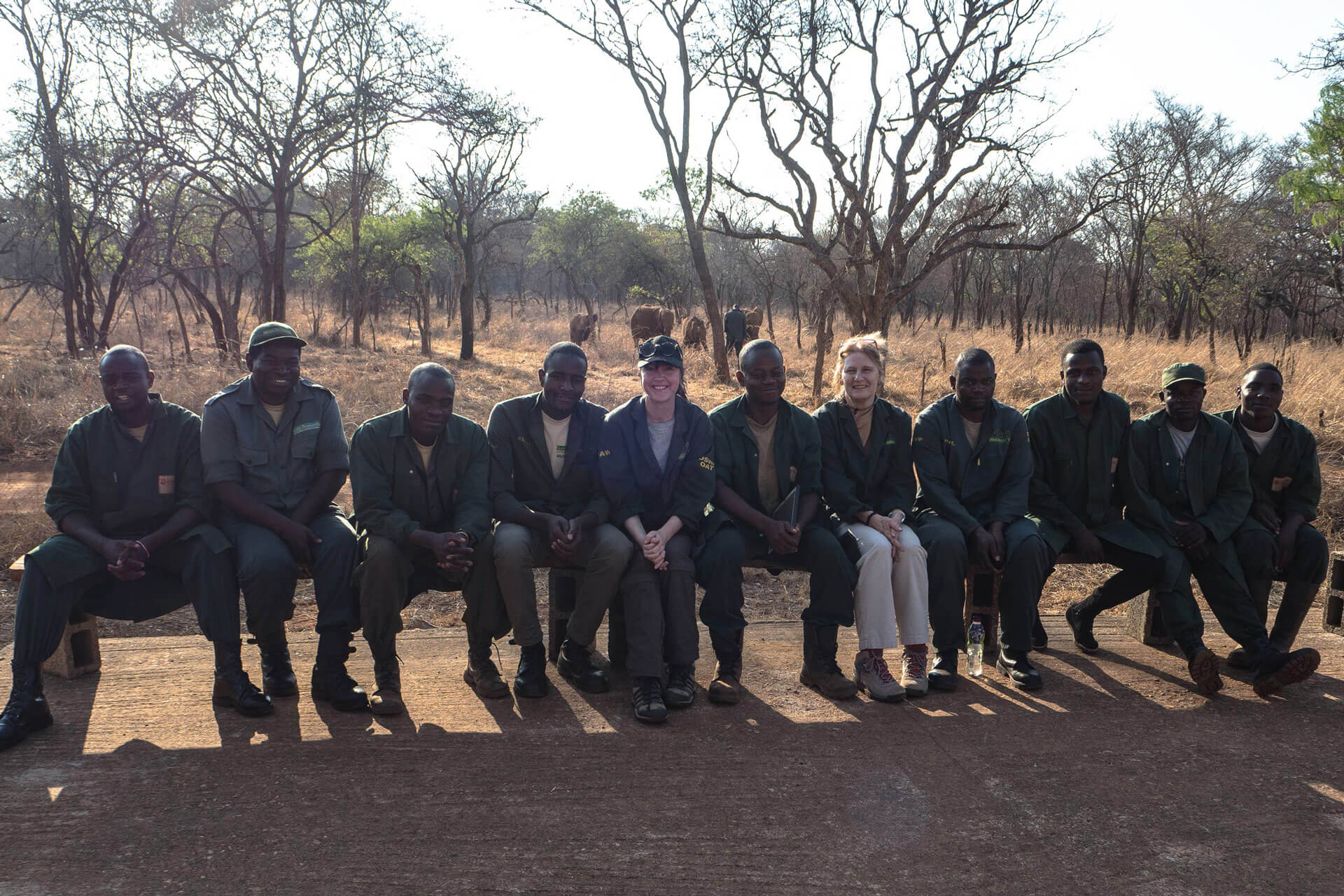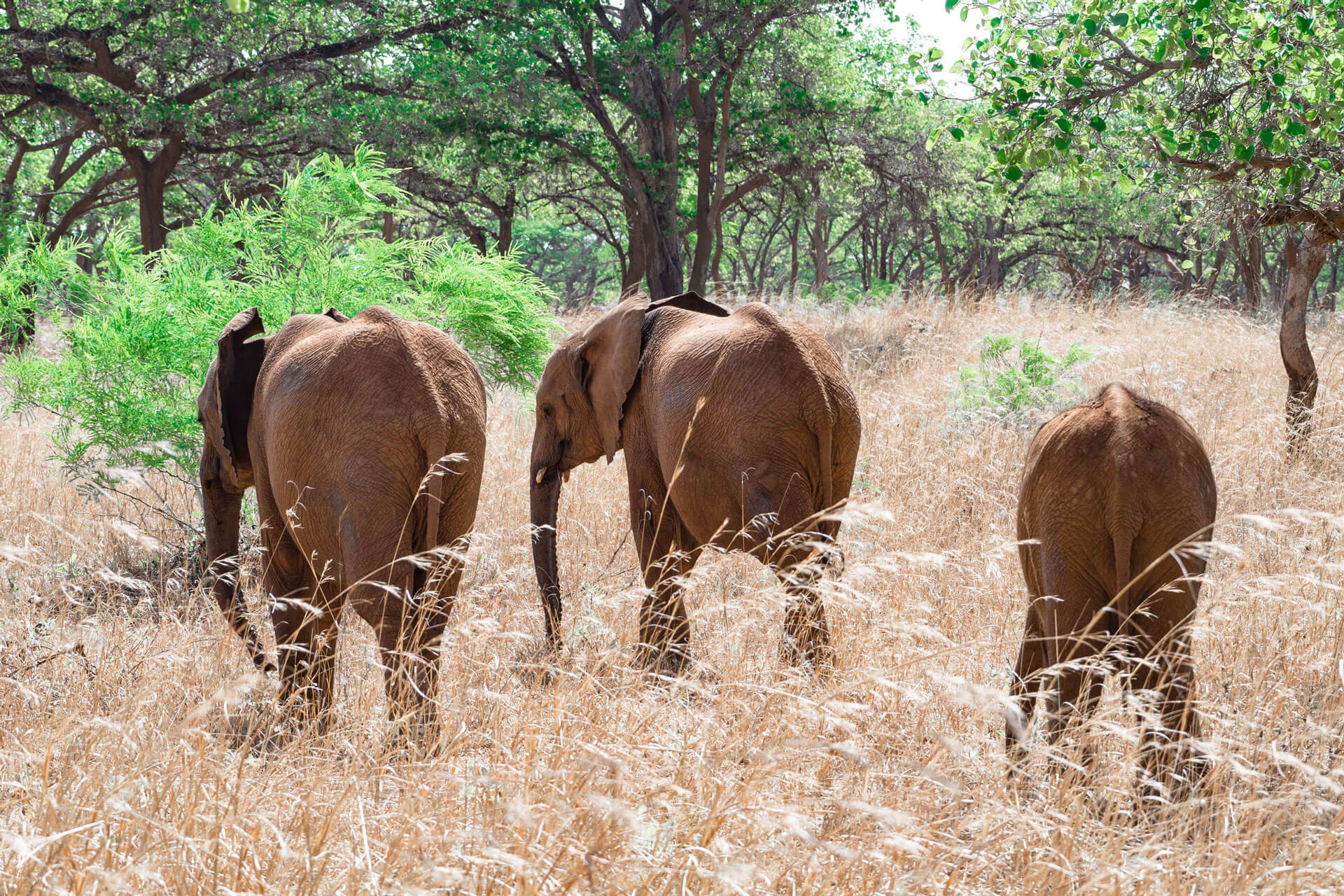In November 2019 I got the chance to volunteer with Game Rangers International, a non-profit conservation organization that works tirelessly to protect Zambia’s endangered wildlife. The NGO’s primary project is the Elephant Orphanage with a Nursery in Lusaka and a Release Facility in Kafue National Park. I was lucky to spend two weeks with the youngest calves at the Elephant Nursery, and the memories I made will last a lifetime!
Why organizations like GRI are so important
Ever since my first visit to Africa, elephants have a special place in my heart. On safari I can sit for hours just observing these amazing animals. Elephants are highly social and compassionate beings that develop strong, lifelong bonds with their family and herd members. They are known to comfort and reassure one another when distressed or in need. It is this caring nature that fascinates me the most.
“An elephant is poached somewhere in Africa every 25 minutes of every day, every week and every month.”
Unfortunately, elephants belong to an endangered species. One of the reasons for their rapid decline is the ongoing demand for ivory, mostly in Asia, where it is seen as status symbol. Tons of illegal ivory are shipped to Asia every year to end up in needless luxury products such as piano keys, jewelry or chopsticks. To satisfy the demand for the “white gold” an estimated 20.000 elephants are killed every year for their tusks. This is one elephant every 25 minutes of every day, every week and every month.
But the tragedy does not end here. Often, when female elephants are killed, a young calf is left behind. Young elephants depend on their mother’s milk until they are about two years of age. Without the care and nutritious milk of its mother, an orphaned or displaced calf is very unlikely to survive on its own.
GRI’s Wildlife Rescue Department rescues these vulnerable, orphaned calves with the aim to one day release them back into the wild.
Once in a lifetime experience
During my time with Game Rangers International I was lucky to witness the arrival and successful rescue of a new orphan calf as well as the translocation of two of the older elephants to GRI’s Release Facility.
On the starting day of my volunteer placement, little calf Olimba was rescued and brought to GRI’s Elephant Nursery. Olimba was only about a year old at her rescue and had to witness how her mother was shot by poachers. After her arrival, a dedicated team of keepers and veterinary specialists provided her with round the clock care. Since many of the calves are heavily traumatized when they arrive at the Nursery, the love and care of the Elephant Keepers is vital for their survival. Luckily, little Olimba recovered quickly and just after a week she was strong enough to meet the other orphans and join them on their daily bush walks. One thing I will never forget was the caring behaviour of the older calves when they met Olimba for the first time. At every opportunity they touched the little calf with their trunks, giving her the security she so desperately needed to overcome the trauma of losing her herd. We can learn so much from these magnificent animals!
The calves stay at the Nursery until they are about 3 to 4 years of age. By this time, they are old enough to be weaned from milk and to join the older elephants at GRI’s Release Facility. During my time with GRI, two of the young elephants, Kasewe and Mkaliva, were ready to be moved to Kafue National Park where they would start the next step towards a life in the wild. On translocation day, the whole team was up early and everything was prepared for Mkaliva’s and Kasewe’s big day. The team assembled in a nearby game reserve where the transport truck was prepped with hay and branches to make the 400 km long trip as comfortable as possible. Once the elephants arrived, a DNPW vet sedated the animals, and both were successfully moved into the truck. After only a few minutes, Kasewe and Mkaliva regained consciousness and the truck set off to Kafue National Park. Seeing how these two calves took the next step on their journey back into the wild was an amazing experience that I will never forget.
Life as volunteer
As a volunteer with Game Rangers International, no day is like the other since your help is needed for many different tasks.
One of my main and favorite duties was assisting the research team with the regular behavioral observation of the orphaned elephants. To understand their development and ensure their welfare, GRI monitors the activities and social interactions of the elephants closely. At the start of my volunteer program, the research assistant taught us everything we needed to know about the different behaviors of elephants, from feeding routines to movement activities and herd interactions. After some time we helped the research team to observe the elephants and to collect this important data. Joining the little calves on their daily bush walks and learning about their personalities in the most beautiful environment was something I was looking forward to each day!
While GRI’s main project is the Elephant Orphange, they also rescue, rehabilitate and release other wildlife that was injured or displaced as a result of human activity. During my placement, a young bush baby was rescued after it was found alone on the ground in Kafue National Park. GRI took care of the little baby with the aim to release it back into the wild once it is strong enough. After a thorough introduction, our task as volunteer was to prepare its daily milk and feed it in regular intervals. I couldn’t get enough of this cute little fellow!
Besides Wildlife Rescue, one other important pillar in GRI’s conservation work is the Community Outreach. During my placement we visited a local community school and helped them plant a garden in their backyard. Community schools in Zambia are founded and run by the local people, often parents themselves, in response to a lack in proper education for their kids. Particularly in rural areas public schools are often too far to reach, or families are simply unable to pay the fees for government-provided schooling. GRI supports these local schools with conservation education and teaches the students about the importance of a healthy environment and why we must protect the wild species that live within.
Good to know when volunteering with GRI
- GRI follows a “hands off” policy:
In order to give the elephants the best chance of survival in the wild, GRI aims to minimize the contact between elephants and humans. As a volunteer, you must keep a minimum distance of 10 meters at all times. While this may sound disappointing to some, think about it for a second: by not getting used to every random human the elephants encounter, they are less likely to look to humans to survive once they are back in the wild. An elephant that comes too close to a local village searching for food runs the risk of becoming a victim of human-wildlife conflicts. By keeping a distance to the orphans, you will improve their chances of living a truly wild life far away from human influence.
- You will live in the African bush:
While the camp offers everything you need and even features some amenities (hot showers, flush toilets), life in camp is simple. Volunteers and staff members sleep in tents and cook their own food in the open kitchen. The camp is surrounded by beautiful scenery, and wildlife like monkeys or bushbucks often visits the camp. If you enjoy being in nature and love the African bush you will have an amazing time!
- Volunteering costs money:
NGO’s like GRI receive no financial support from the government and depend to 100 % on donations. Your time, skills and money provide a much needed contribution and help the organization to keep up the important work they are doing.
If you would like to know more about Game Rangers International or consider volunteering with elephants, please visit GRI’s website.
Please also have a look at this wonderful video Black Bean Productions created for Game Rangers International.
